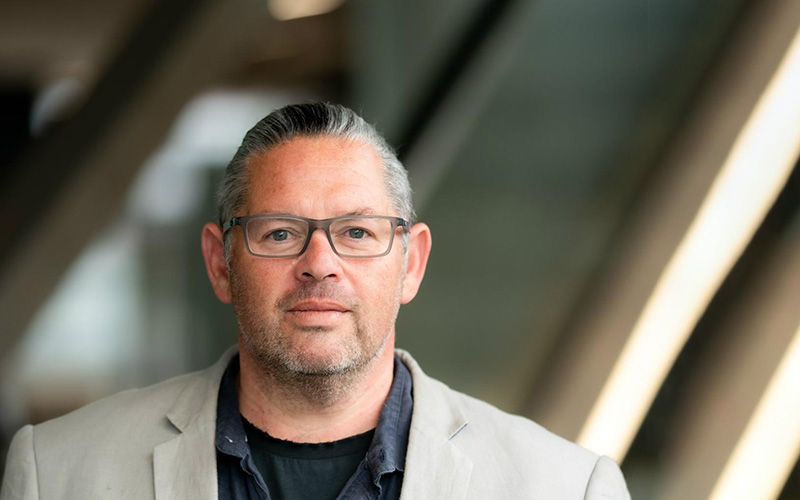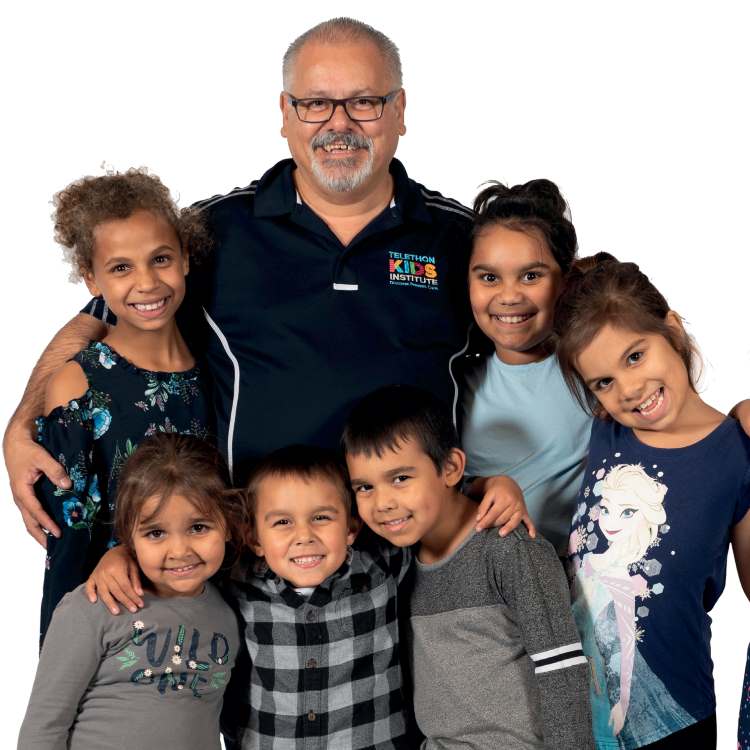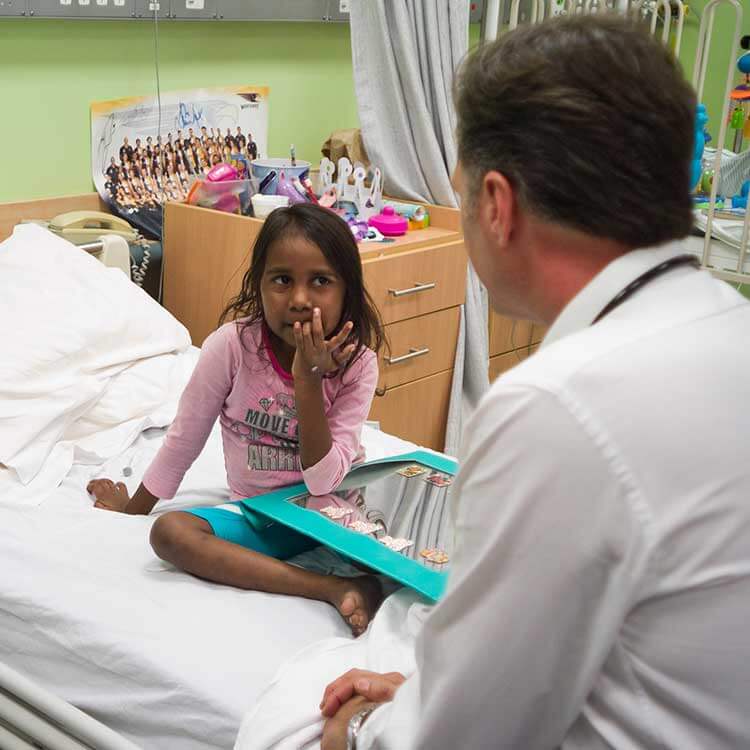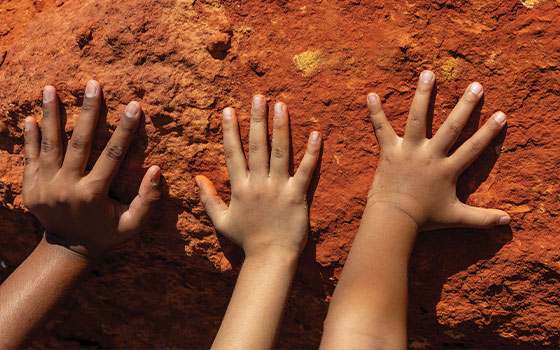Search
Research
Comprehensive Clinical Paediatric Assessment of Children and Adolescents Sentenced to Detention in Western AustraliaTo describe the comprehensive clinical paediatric assessment of a representative sample of children and adolescents (young people) sentenced to detention in Western Australia (WA) and participating in the first Fetal Alcohol Spectrum Disorder (FASD) prevalence study.
Research
Knowing your audience: Investigating stillbirth knowledge and perceptions in the general population to inform future public health campaignsThe prevalence of stillbirth in many high income countries like Australia has remained unchanged for over 30 years. The 2018 Australian government Senate Select Committee on Stillbirth Research and Education highlighted the need for a public health campaign to encourage public conversations and increase awareness.
Research
The weight of culture: Societal individualism and flexibility explain large global variations in obesityObesity rates have been rising steeply across the globe in recent decades, posing a major threat to global human health. Despite this almost universal increase, differences between countries remain striking, even among equally developed societies.

News & Events
Australia’s first Indigenous scientist appointed to CSIRO boardThe Kids Research Institute Australia and Australian National University Professor of Indigenous Genomics, Professor Alex Brown, has become the first Indigenous member of the Commonwealth Scientific and Industrial Research Organisation (CSIRO) Board.

News & Events
Elders lift their voices to bridge the gap for kidsLed by nine Elders, the Ngulluk Koolunga Ngulluk Koort Project is working to generate a better understanding of early childhood development from an Aboriginal/Nyoongar perspective.

News & Events
Bold bid to end rheumatic heart diseaseSome of the nation’s leading medical researchers will converge on Darwin this week to step out a plan to wipe out rheumatic heart disease.

Facilitate research interest & opportunities that involve Aboriginal families & communities and build the capacity and development of Institute researchers
Research
Start Stronger, Live Longer Resource Manual for Aboriginal Health WorkersThis resource kit for Aboriginal health workers is an exciting milestone in the Rio Tinto Aboriginal Health partnership with The Kids Research Institute Australia
Research
Climate change, activism, and supporting the mental health of children and young people: Perspectives from Western AustraliaThe climate crisis has detrimental impacts on the mental health and wellbeing of children and young people. Psychological effects include feelings of fear, overwhelm, worry, distress, hopelessness and anger; PTSD; depression; anxiety; phobias; panic disorder; sleep disturbances; attachment disorders; learning difficulties; substance abuse; shock and trauma symptoms; adjustment problems; behavioural problems; and, suicidal thinking.
Research
The Development and Implementation of a Culturally Safe Survey for Measuring Knowledge, Attitudes and Values around FASD and Alcohol Use During Pregnancy in a Remote Australian Aboriginal Community SettingGlenn Martyn Pearson Symons BA (Education) PhD Candidate B.A. (Hons) PhD. Director of First Nations Strategy and Leadership; Head, First Nations
